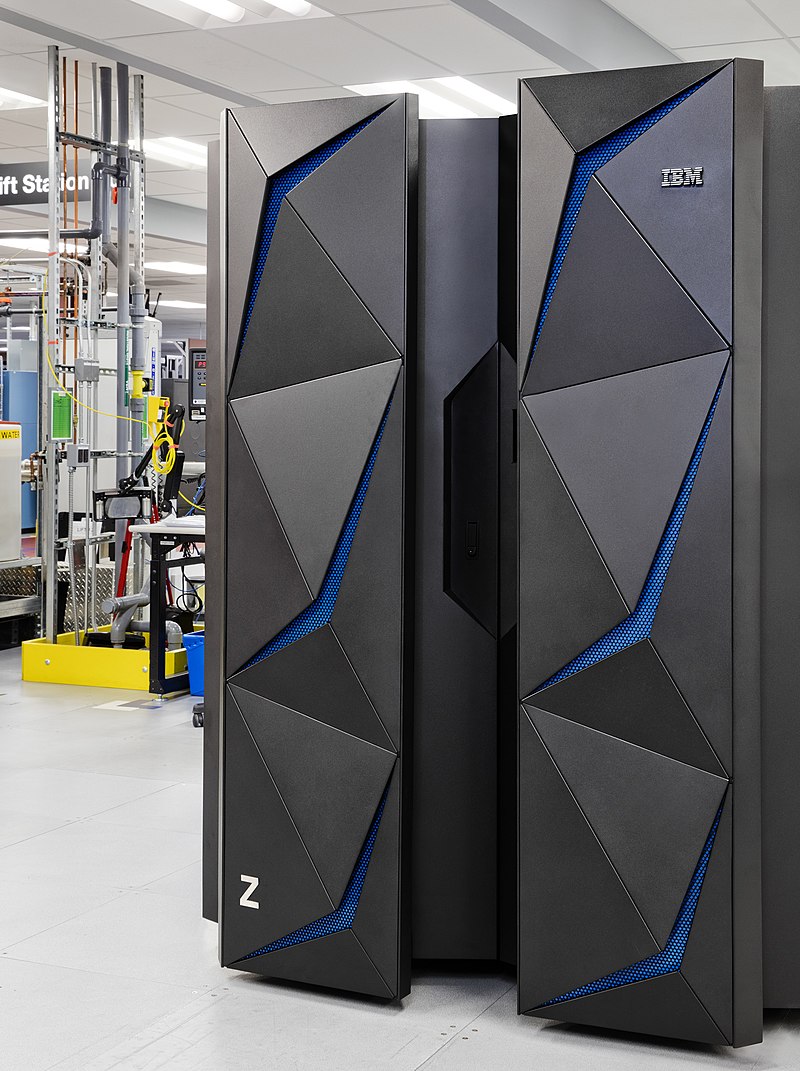IBM, or International Business Machines Corporation, is a globally renowned technology company with a rich history spanning over a century. Founded in 1911 and headquartered in Armonk, New York, IBM has consistently been at the forefront of technological innovation, influencing numerous sectors with its pioneering solutions. Today, IBM is a leader in cloud computing, artificial intelligence (AI), and enterprise hardware, offering a comprehensive suite of products and services that cater to businesses of all sizes.
One of IBM's most significant contributions to technology is its development of powerful AI systems, particularly the IBM Watson platform. Watson is designed to leverage natural language processing and machine learning to analyze vast amounts of data, providing insights and enabling automation across various industries, including healthcare, finance, and customer service. IBM Watson's capabilities in data analysis and predictive analytics help organizations make more informed decisions, improve operational efficiency, and drive innovation.
In addition to AI, IBM has made substantial strides in cloud computing with its IBM Cloud platform. This robust platform offers a wide range of cloud services, including infrastructure as a service (IaaS), platform as a service (PaaS), and software as a service (SaaS). IBM Cloud is designed to support both public and private cloud environments, enabling businesses to deploy and manage applications with greater flexibility and security. The platform's integration capabilities allow seamless connectivity with existing systems, facilitating digital transformation and innovation.
IBM's hardware solutions have also played a pivotal role in the company's success. The IBM Z series mainframes, for example, are renowned for their reliability, security, and performance, particularly in industries that require robust data processing capabilities, such as banking and finance. These mainframes are designed to handle large-scale transaction processing and data management, ensuring business continuity and operational efficiency.
Another key area of IBM's expertise is its commitment to research and development (R&D). IBM invests heavily in R&D, consistently pushing the boundaries of what's possible in technology. The company's innovations have led to numerous breakthroughs, including the development of quantum computing. IBM Quantum is an advanced computing platform that leverages the principles of quantum mechanics to solve complex problems that are beyond the capabilities of classical computers. This cutting-edge technology has the potential to revolutionize industries by enabling new approaches to problem-solving and optimization.
Furthermore, IBM's commitment to sustainability and corporate social responsibility (CSR) reflects its dedication to making a positive impact on the world. The company has implemented various initiatives aimed at reducing its environmental footprint, promoting diversity and inclusion, and supporting education and community development. IBM's CSR efforts underscore its belief in using technology as a force for good, driving positive change in society.
In summary, IBM is a global leader in technology, offering innovative solutions in AI, cloud computing, and enterprise hardware. With a strong emphasis on research and development, the company continues to drive technological advancements that shape the future of various industries. IBM's commitment to sustainability and social responsibility further solidifies its reputation as a forward-thinking and socially conscious organization. Through its comprehensive suite of products and services, IBM empowers businesses to achieve their goals and navigate the complexities of the digital age.

- Contributions
During this period, my primary responsibility was to conduct an in-depth investigation into the use of the IBM System Z/390s mainframe for system virtualization. This project involved utilizing Qemu, an open-source emulator, to facilitate the virtualization process. The goal was to enable the use of remote systems by creating virtualized environments on the IBM mainframe. These virtual systems were to operate under the Suse Linux Enterprise Edition operating system, ensuring a robust and secure platform for various applications and services.
My role required a comprehensive understanding of the IBM System Z/390s architecture and its capabilities. I focused on exploring how Qemu could be effectively integrated with the mainframe to achieve efficient virtualization. This involved configuring and optimizing the mainframe to support multiple virtual machines, each running its instance of Suse Linux Enterprise Edition. The use of Suse Linux was critical as it provided the necessary stability and enterprise-grade features required for high-performance and reliable virtual systems.
Additionally, I investigated various aspects of system virtualization, including resource allocation, performance optimization, and security measures. Ensuring that the virtualized systems could operate seamlessly and efficiently on the mainframe was paramount. This involved extensive testing and fine-tuning of the virtual environments to meet the specific needs of remote system users. The project aimed to leverage the power and reliability of the IBM System Z/390s to provide scalable and secure virtualized solutions for enterprise applications.
Project 1: Websites developImplementation of web pages using CMS such as Joomla, Drupal and Moodle.
TechnologiesJoomlaPHPJavaScriptMySQLHTMLProject Images

